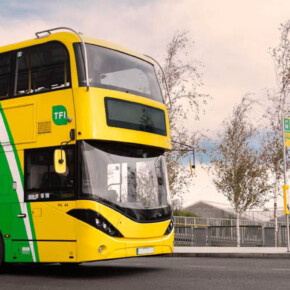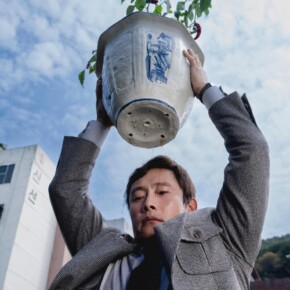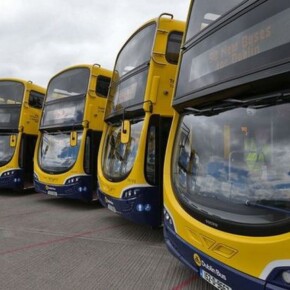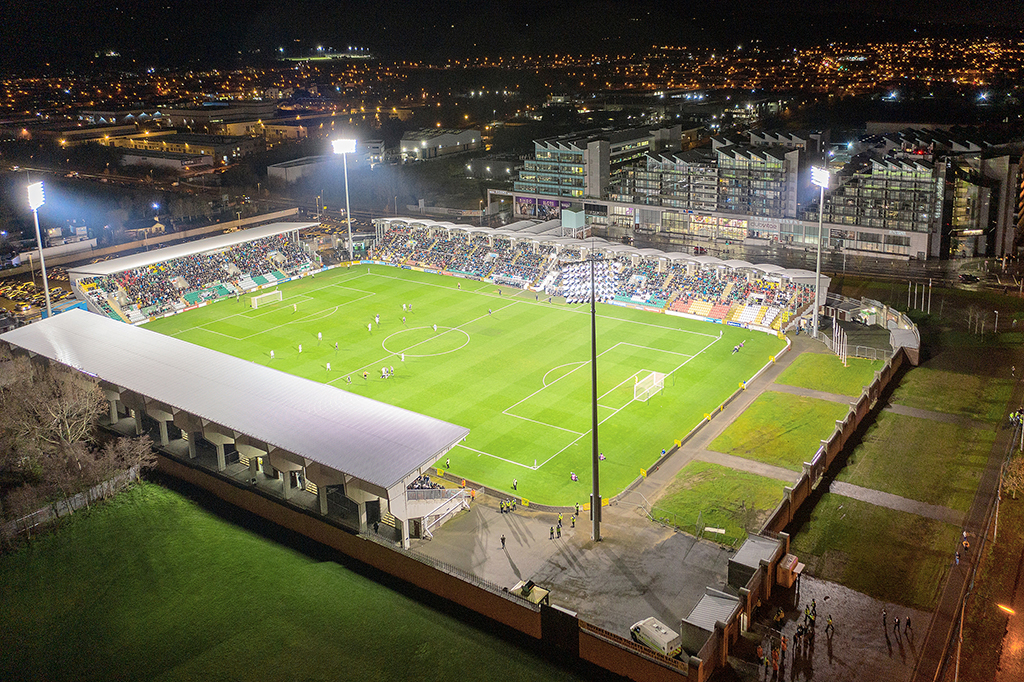Remembering the Hobblers’ tales
Dublin People 17 Apr 2015UNTIL the early 20th Century, one of the toughest jobs in Dublin was that of the Hobbler. Strong, sea-faring athletes, the Hobblers acted as freelance navigational pilots for ships entering Dublin Port.
Crews of Hobblers, from Lambay to Wicklow, would row out into Dublin Bay each morning and wait for the sight of a ship. Then the race would begin.
The rules of their competition were simple. The first crew to successfully race out and
‘hook’ a ship, won themselves the right to guide that ship safely into port.
‘Hooking a ship’ meant throwing a boat hook up and over its side. There was fierce rivalry between different teams of Hobblers which often lead to arguments about which crew had hooked the ship first. Depending on the size of the ship being led to berth, records show that the successful Hobblers could earn anywhere from £1.50 to £5.
The Hobblers were a key part of many coastal communities across the city. The tradition was very strong in Ringsend and Dún Laoghaire, where several families had produced generations of successful Hobblers.
Rowing traditional wooden clinker built boats, known as Skiffs, the Hobblers possessed great skill. The Skiffs were large heavy boats powered by four oars and a removable lugsail that put to sea in all weathers. To move the boat fast enough to ensure their employment, hobblers needed to learn to row in unison, and to take advantage of the wind and tides.
It was a dangerous profession that often resulted in tragedy. Many Hobblers couldn’t swim and they rarely carried lifesaving equipment.
On January 23, 1916, two Dún Laoghaire based Hobblers Harry Shorthall and
‘Rover’ Ward were lost at sea. Sixteen years later, on February 22 1928, three Hobblers, also from Dún Laoghaire, were drowned off the Baily Lighthouse in Howth.
Their names were Thomas Miller, Richard Brennan and James Pluck. The tragedy occurred at 4.30am, on the dark winter’s night, when the Hobblers’ Skiff was struck by a Dutch steamer, the
‘Hesbaye’.
The Skiff had no light and it would have been next to impossible to see from the ship. However, the crew of the steamer heard the screams of the men and launched their lifeboats in a vain effort to save them.
In 1934, Dún Laoghaire was struck by another maritime disaster. On December 5, a local crew of Hobblers were drowned as they returned from a successful day’s work.
Rowing their boat
‘The Jealous of Me’ back to Dun Laoghaire, brothers Richard and Henry Shorthall and their friend John Hughes were last sighted at Poolbeg Lighthouse.
While it is unclear what happened that night,
‘The Jealous of Me’ was found washed up next morning at Irishtown. One member of the crew survived.
Gareth Hughes, John’s brother, had remained in Dublin Port to collect the money owed to the crew. In a further tragic twist of faith, the Shorthall brothers were nephews of Harry Shorthall, the Hobbler who had drowned in 1916.
By the 1940s, Hobbling had declined as means of employment, left behind by advances in marine technology. However, the tradition did not die out. Crews began to organise weekly races against each other every weekend and the victorious crew was often able to earn a lot more than they would have guiding ships.
Over the years the Hobblers’ races evolved into the sport of East Coast Skiff Rowing, and the tradition has survived into the 21st century.
Today a monument stands in Dún Laoghaire Harbour in testament to the Hobblers and in memory of those lost at sea. These working class heroes knew what it meant to earn a day’s pay!











